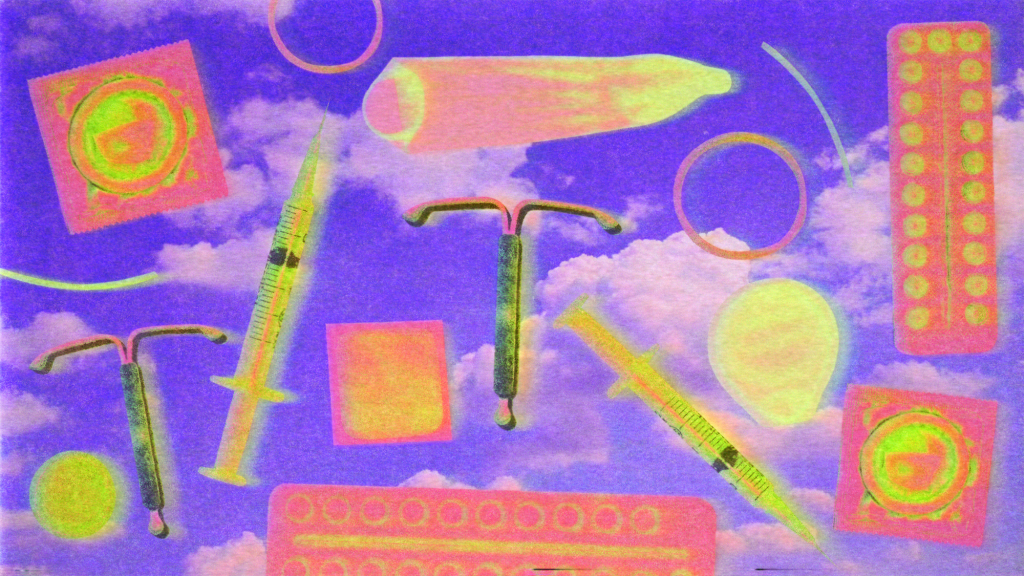Want the best of VICE News straight to your inbox? Sign up here.
Democratic congresswomen recounted their personal experiences of abortion Thursday, as Texas’ abortion ban and the ensuing Supreme Court battle threatens to overturn Roe v. Wade and end abortion access as we know it.
Videos by VICE
Congresswomen Cori Bush, Pramila Jayapal, and Barbara Lee—three leaders of the progressive movement in Washington—all testified at Thursday’s House Committee on Oversight and Reform, as did Republican Rep. Kat Cammack and feminist icon Gloria Steinem.
The trio of Democrats voted last week to pass the Women’s Health Protection Act, which would codify Roe v. Wade into federal law. The bill has gained new urgency in recent weeks after the Supreme Court declined to grant a stay that would have blocked a new Texas law that bans abortions after a “fetal heartbeat” is detected, approximately six weeks after the pregnancy begins. The Texas law also gives anyone the right to sue abortion providers and those who assist the patient in obtaining an abortion.
Bush, who has two children, told the committee that she was raped during a church trip to Mississippi when she was 17 years old. A few months later, she realized she had missed her period. “I was 18, I was broken. I felt so alone, I blamed myself for what had happened to me,” Bush said. “But I knew I had options.”
Bush said she learned she was pregnant at nine weeks. “I would have been on my own…I feared my parents would kick me out of the home,” she said. “I knew it was a decision I had to make for myself, so I did.”
Bush, who later became a nurse, a pastor, and a Ferguson activist before running for Congress, recalled receiving racist treatment from clinic staff, but said she felt “resolved” after having her abortion. “Choosing to have an abortion was the hardest decision I had ever made, but at 18 years old, I knew it was the right decision for me,” she said.
Rep. Jayapal, the chair of the Congressional Progressive Caucus, told the committee that her first child had myriad health problems and that she’d suffered from postpartum depression and post-traumatic stress disorder. Despite taking birth control, Jayapal became pregnant again, and was told by her doctors that any future pregnancy would be high-risk to both her and the child.
“I very much wanted to have more children, but I simply could not imagine going through that again,” Jayapal said.
“For me, terminating my pregnancy was not an easy choice, the most difficult I’ve made in my life,” Jayapal said. “But it was my choice, and that is what must be preserved for every pregnant person.” She said that until 2019, she hadn’t spoken publicly about her abortion and hadn’t even told her mother about it.
“I felt shame I never should have felt,” Jayapal said. “I want you to know that there are so many different situations that people face in making these choices… It is simply nobody’s business what choices we as pregnant people make about our own bodies.”
Not all of the witnesses were advocating for abortion rights and access. Rep. Kat Cammack, a Republican freshman from Florida, told the committee that after her mother suffered a stroke at the age of 27 while pregnant with her older sister, doctors told her she should consider aborting the pregnancy that led to Cammack’s birth, saying it was “highly unlikely if not impossible for not only her to survive but me as well.”
“Knowing you were never supposed to survive, it gives you a new perspective about life,” Cammack said. “With her decision, we were able to go as the daughter of a single mother, from homeless to the House of Representatives.”
Lee, 75, shared her story of having a “back-alley abortion in Mexico” as a 16-year-old living in California. “I was confused, afraid, and unsure,” she said. “In those days, in the mid-1960s, women and girls were told that you should take quinine pills, sit in a tub with water, or use a coat hanger if nothing else worked.”

Lee said her mother “responded with love” when Lee told her she was pregnant, and said she would support her daughter with whatever she decided to do. Lee ultimately decided to get an abortion, and ironically obtained one with the help of a family friend in El Paso, Texas. “I was one of the lucky ones. A lot of women and girls in my generation didn’t make it. They died from unsafe abortions.”
Although the Women’s Health Protection Act passed the House last week, it’s virtually guaranteed to die in the Senate, as it’s opposed by the entire Republican caucus and multiple conservative Democrats haven’t signed on.




